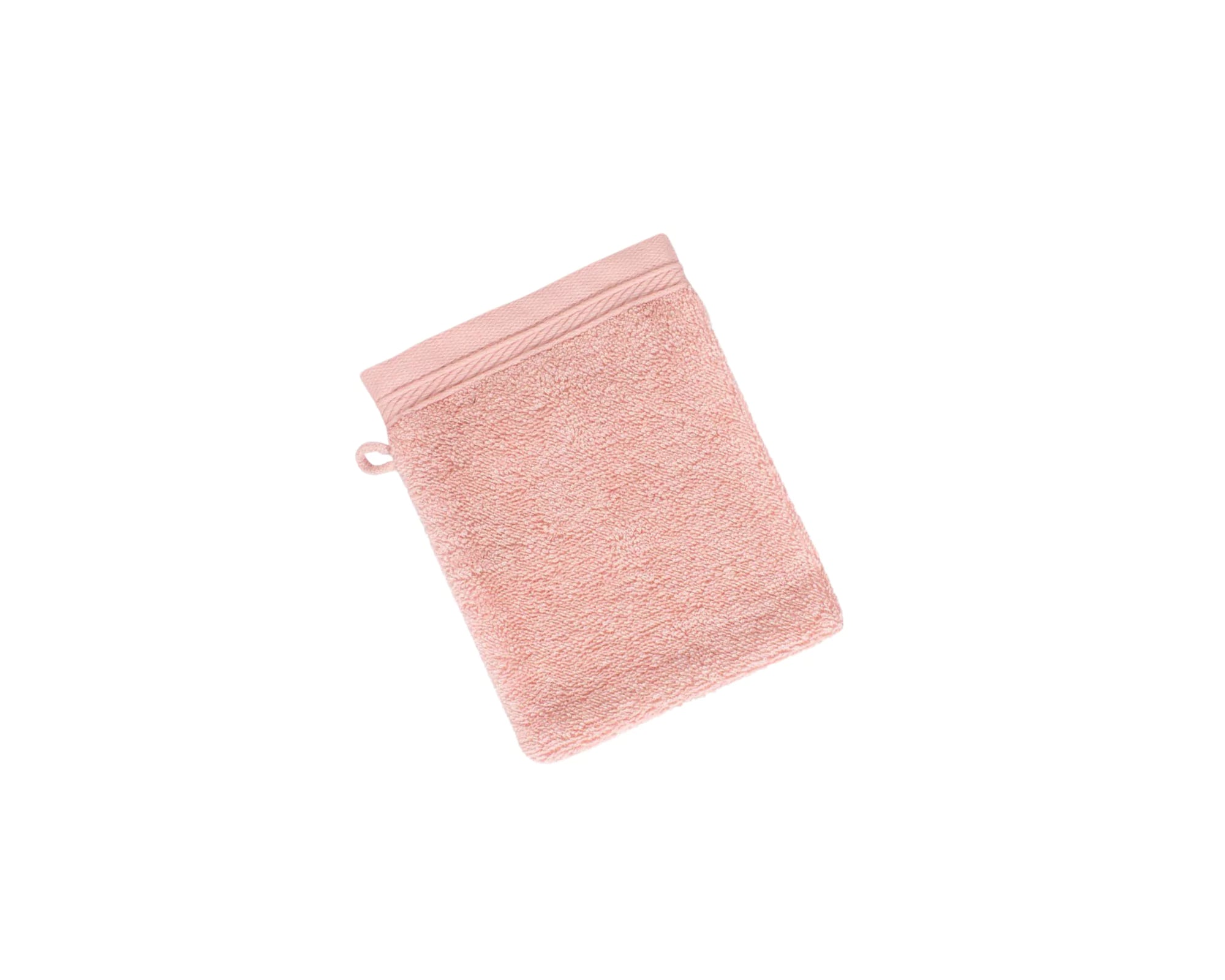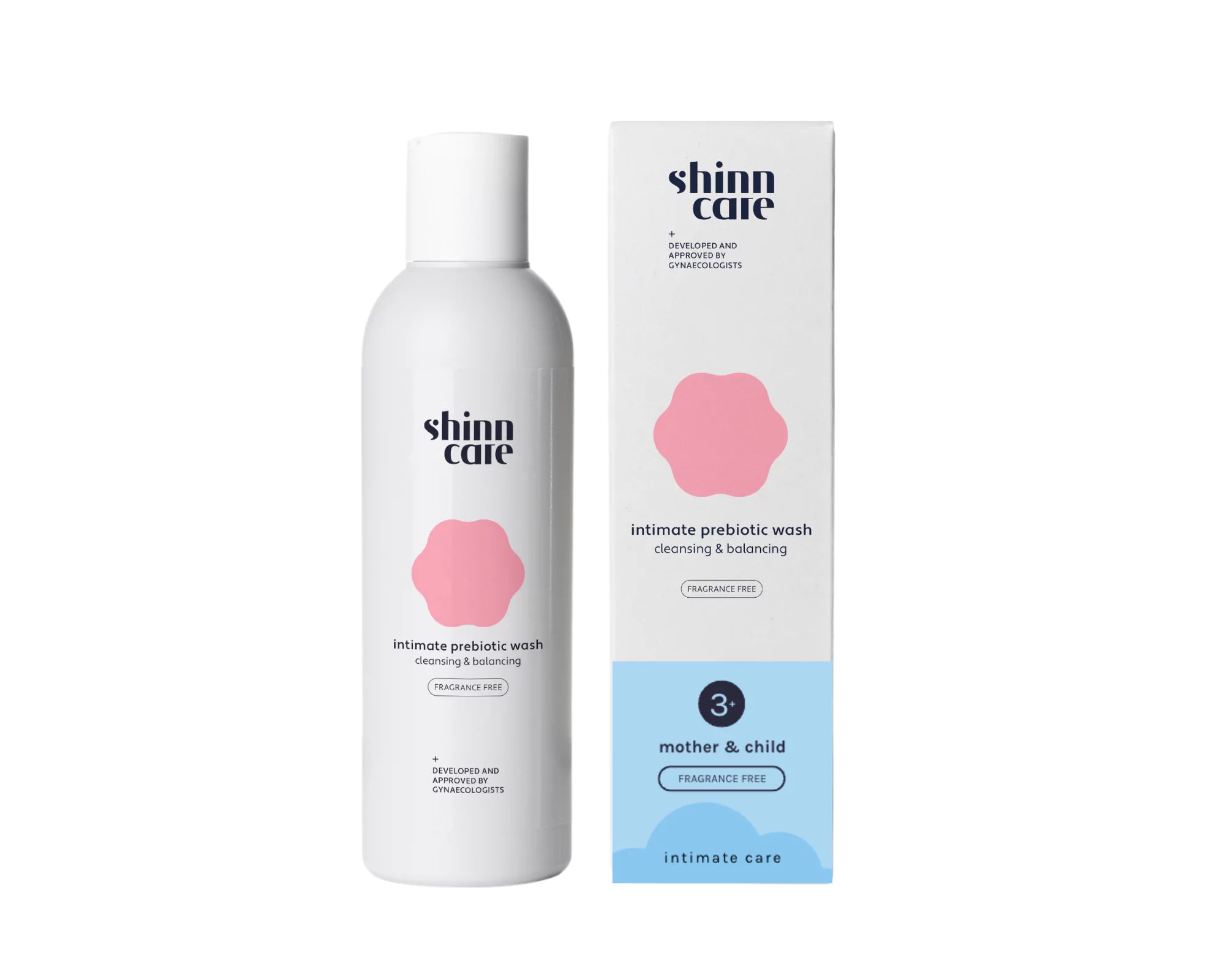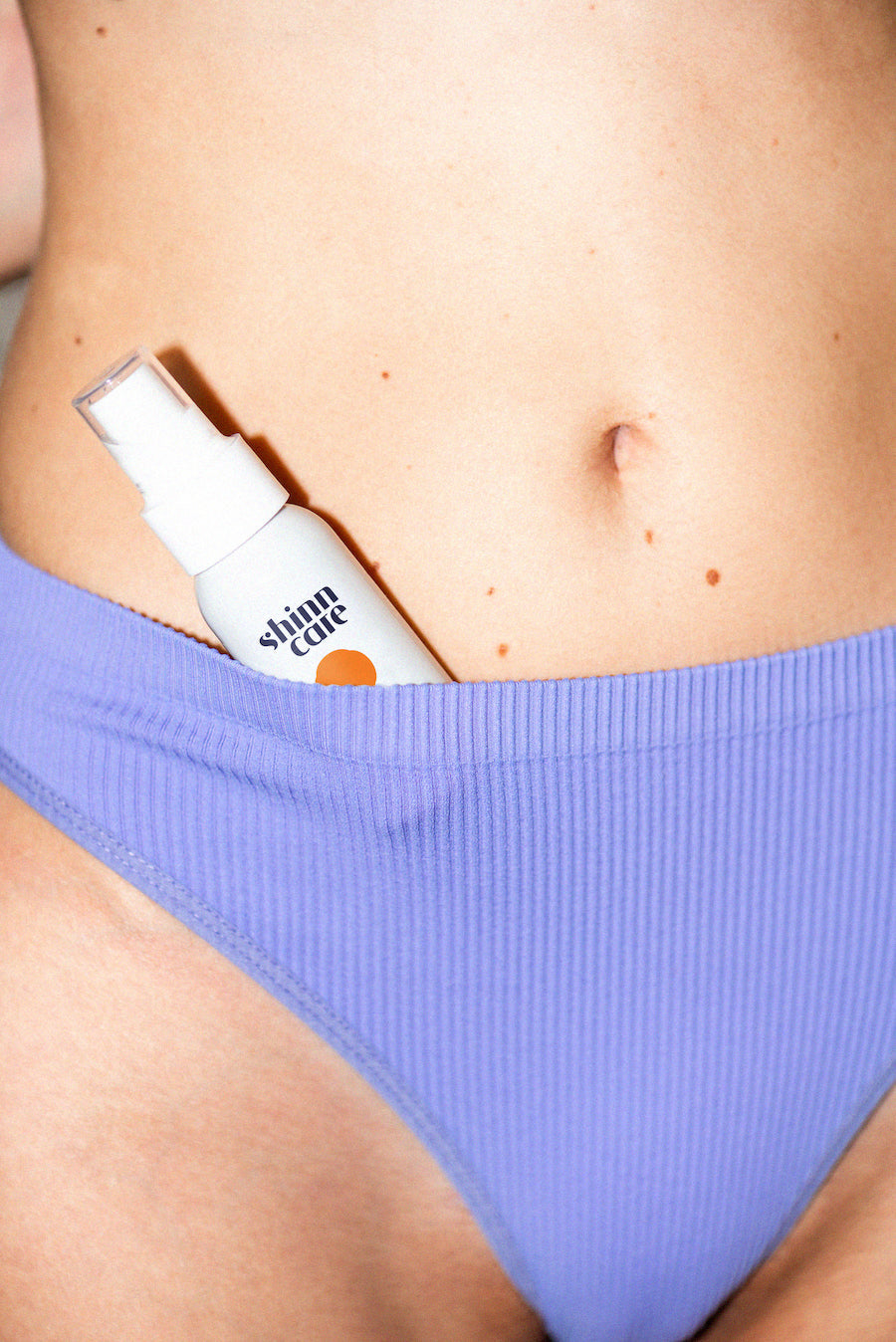Stress is a common challenge in modern life, affecting both mental and physical health. While its impact on cardiovascular health and mental well-being is widely recognized, stress also plays a crucial role in intimate health, particularly in vaginal health, hormonal balance and sexual well-being. However, the impacts of psychological disorders on gynaecological conditions are frequently undetected and may influence treatment outcomes.
In this blog, you can explore the physiological and psychological mechanisms through which stress affects intimate health, as well as practical tips to manage stress for better intimate health from our in-house gynaecologist - Dr Elisabeth Smet.
- Vaginal health and microbial balance
- Hormonal imbalance and menstrual cycle irregularities
- Sexual well-being
- Tips to manage stress for better intimate health by gynaecologist Dr Elisabeth Smet
Vaginal health & Microbial balance
• Chronic stress plays a significant role in disrupting vaginal health by weakening the immune system and altering the balance of vaginal microbiota.
• The hypothalamic-pituitary-adrenal (HPA) axis, which regulates cortisol release, is highly sensitive to prolonged stress. Elevated cortisol levels suppress immune function, increasing susceptibility to infections such as bacterial vaginosis (BV) and recurrent vulvovaginal candidiasis (RVVC). Research highlights a strong correlation between psychological stress and the prevalence of BV, independent of behavioural factors, as stress alters vaginal mucosal defences and inflammatory responses.
• Stress-induced immune dysregulation impairs the body's ability to maintain a healthy vaginal environment, reducing beneficial Lactobacillus bacteria and allowing harmful pathogens to thrive.
• Stress during pregnancy has been linked to adverse reproductive outcomes, including an increased risk of preterm delivery.
Want to learn more about infections, inflammation and bacterial vaginosis during pregnancy to avoid unwanted surprises? Read everything in this blog.
Hormonal imbalance & Menstrual cycle irregularities
Menstrual disorders, hormonal imbalances, and mood disturbances are interconnected aspects of women's health that significantly impact daily life and well-being.
• Stress can disrupt the HPA axis, which is crucial in regulating reproductive hormones. Elevated cortisol levels, triggered by chronic stress, can suppress gonadotropin-releasing hormone (GnRH), leading to:
Want to learn more about the different stages of menopause so you can enter this special stage of life optimally prepared? Find out all about it here.
Wondering what other intimate discomforts you can expect during menopause? Read all about it in this blog post.
Sexual well-being
Stress significantly impacts sexual well-being by reducing libido, disrupting hormonal balance, and causing vaginal dryness.
• High cortisol levels suppress estrogen and testosterone, decrease sexual arousal, impair vaginal lubrication and contribute to overall sexual dissatisfaction.
• Stress-induced fatigue and anxiety negatively affect sexual desire and enjoyment.
• Psychological distress and high cortisol levels are linked to increased pelvic floor tension, which can lead to conditions such as:
Addressing stress through relaxation techniques, open communication with partners, and professional counselling can help mitigate these effects and improve overall sexual health.
Tips to manage stress for better intimate health by gynaecologist Dr Elisabeth Smet

The interplay between stress and intimate health suggests that managing stress effectively is crucial for maintaining overall well-being.
• Mindfulness and relaxation techniques: Meditation, yoga, and deep breathing exercises can help reduce stress and its physiological effects.
• Regular exercise: A simple yoga class or gym session can improve the current poor mental health states.
• Consulting professionals: Gynaecologists, therapists, or sexologists can provide personalized strategies to address stress-related intimate health concerns.
• Self-care and intimate care routines: shinncare’s daily vulva care routine is here to support your intimate health by providing balance, hydration and comfort every day.
Get more tips on proper intimate area cleansing here.
Want to learn more about intimate health or try our products? Check out shinncare's products here and discover the best care for every stage of life.












